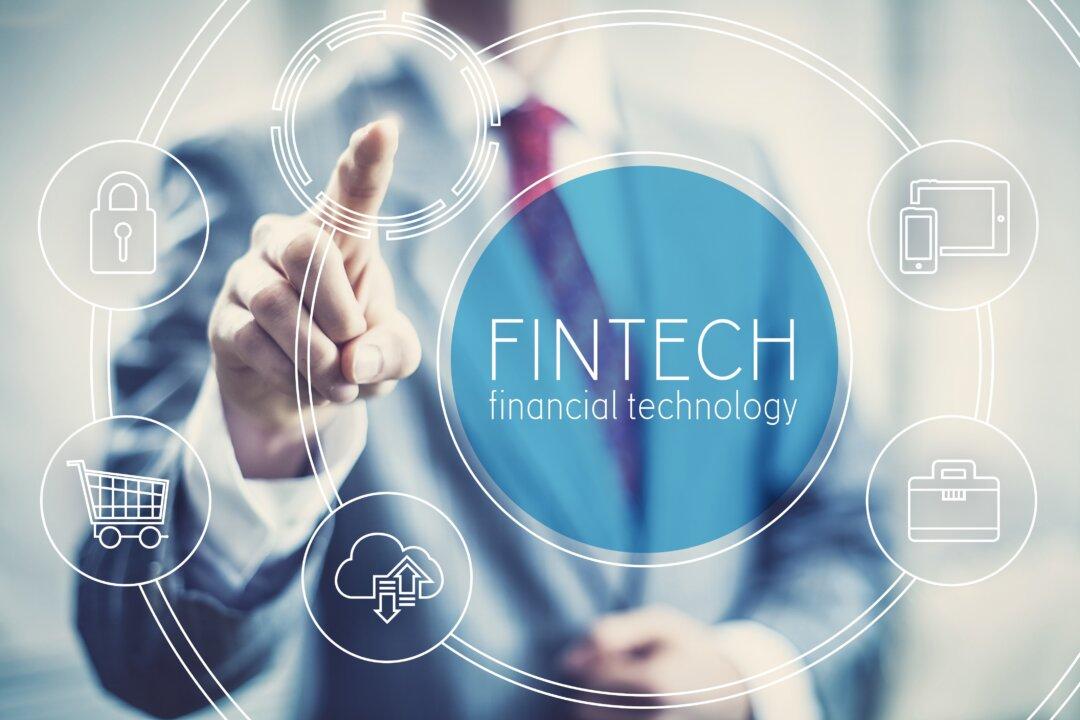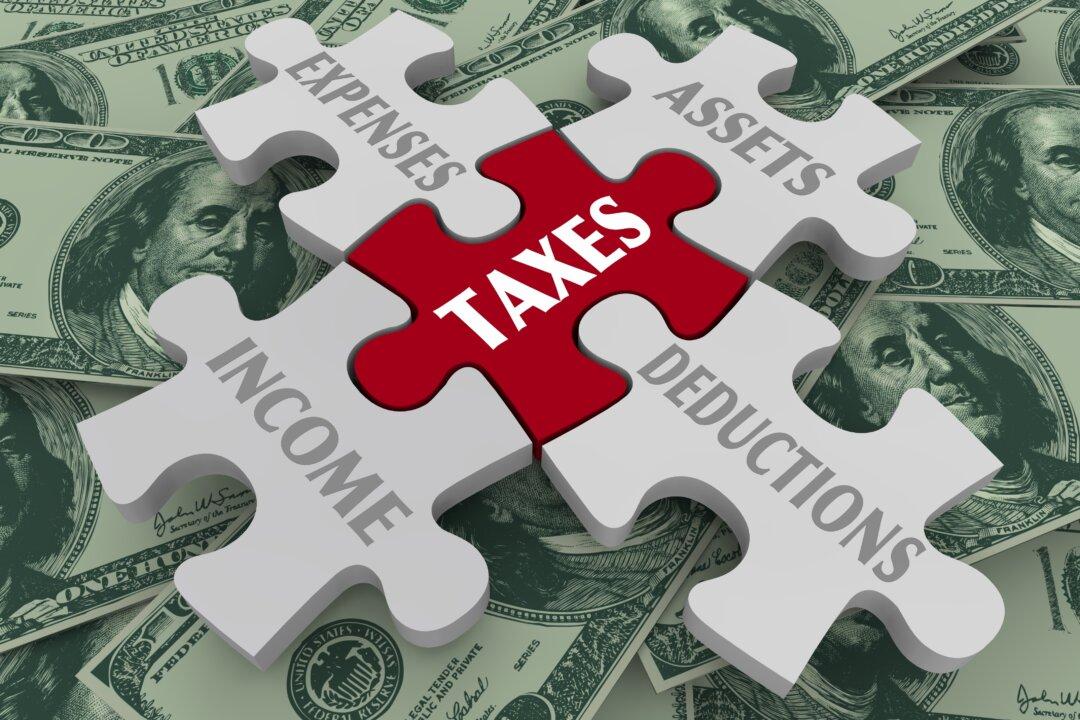Fintech is short for financial technology, referring to the integration of technology with the various financial services consumers demand today. Fintech is bringing about change by making it easier for under- and un-banked populations to obtain financial services. Access is democratized at a level that simply doesn’t exist today with traditional banking methods. Technological innovations are now available to improve your financial transactions with new efficiencies, easy accessibility, offering far more convenience.
Fintech Services Offered Today
- Personal finance: Applications such as YNAB (“you need a budget”) help individuals manage their finances, track their spending, and set up a new budget.
- Digital payments: PayPal, Apple Pay, and Venmo provide easy, fast, and secure online (and mobile) payments.
- Insurtech: Transforming the insurance industry with their technology-driven solutions are companies such as Lemonade and Oscar.
- Lending: Online lending platforms, such as LendingClub and Upstart, use algorithms to measure consumer creditworthiness to provide loans.
- Blockchain (and cryptocurrency): Blockchain technology enables decentralized financial transactions.
- Robo-advisers: Automated platforms such as Betterment or Wealthfront provide investment advice and services for managing your investment portfolio.
- Neobanks: Digital-only banks such as Chime and SoFi offer banking services without an address or place to go (no so-called “brick-and-mortar” address).
Fintech Strengths
Fintech provides access to financial services to underserved and “unbanked” people. It offers faster, more convenient ways for those with basic digital skills to manage their own finances. In addition, it can reduce the fees and costs associated with legacy, traditional financial services.Innovative new online finance apps, driven by new business models, have resulted in financial products changing the legacy financial landscape in a truly revolutionary way. It is reshaping finance by leveraging technology to enhance service delivery and delight its users. With Fintech still evolving, a great many people haven’t yet seriously investigated switching to it or even trying it.
Fintech Weaknesses
Fintech, however, comes with its own set of risks, so let’s look at some of them.- Cybersecurity: Because they have in their possession a lot of sensitive financial data, they are prime targets for cyberattacks. While cybersecurity measures have been built in for the most part, they must continue to evolve and be continuously upgraded into more robust and resilient hacker-resistant databases that will protect against data breaches and fraud.
- Operational weaknesses: Fintech companies face operational risks due to the complexities inherent in new technology. Since even newer and changing technology is rapidly adopted to increase the speed of processing and efficiency, the efforts can result in errors, system failures, and other issues.
- Regulatory compliance: From the Dodd-Frank Act to a bevy of a continuous number of banking regulations, fintech must keep up with the latest as fast as they become required lest they are assessed legal penalties and suffer reputational damage.
- Market risks: Market-risk exposure is ever-present, as interest rates, exchange rates, and other financial variables are changing and oftentimes volatile.
- Data privacy: Personal data must be treated as private and unlikely to be misused. This goes back to the cybersecurity point and the need to fend off hackers.
- Fraud: Given fast transaction speeds, criminals can engage in money laundering and fraud, creating opportunities to essentially and virtually “smash and grab.”






